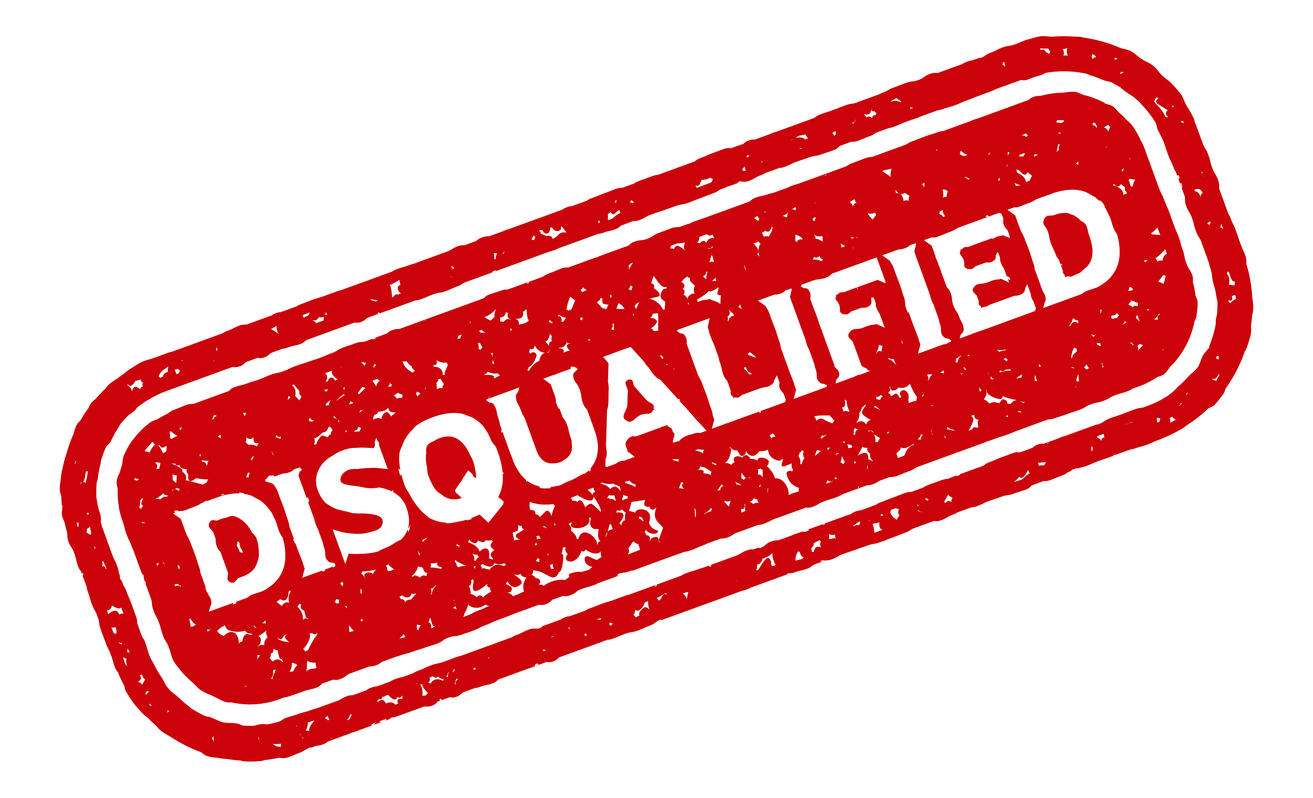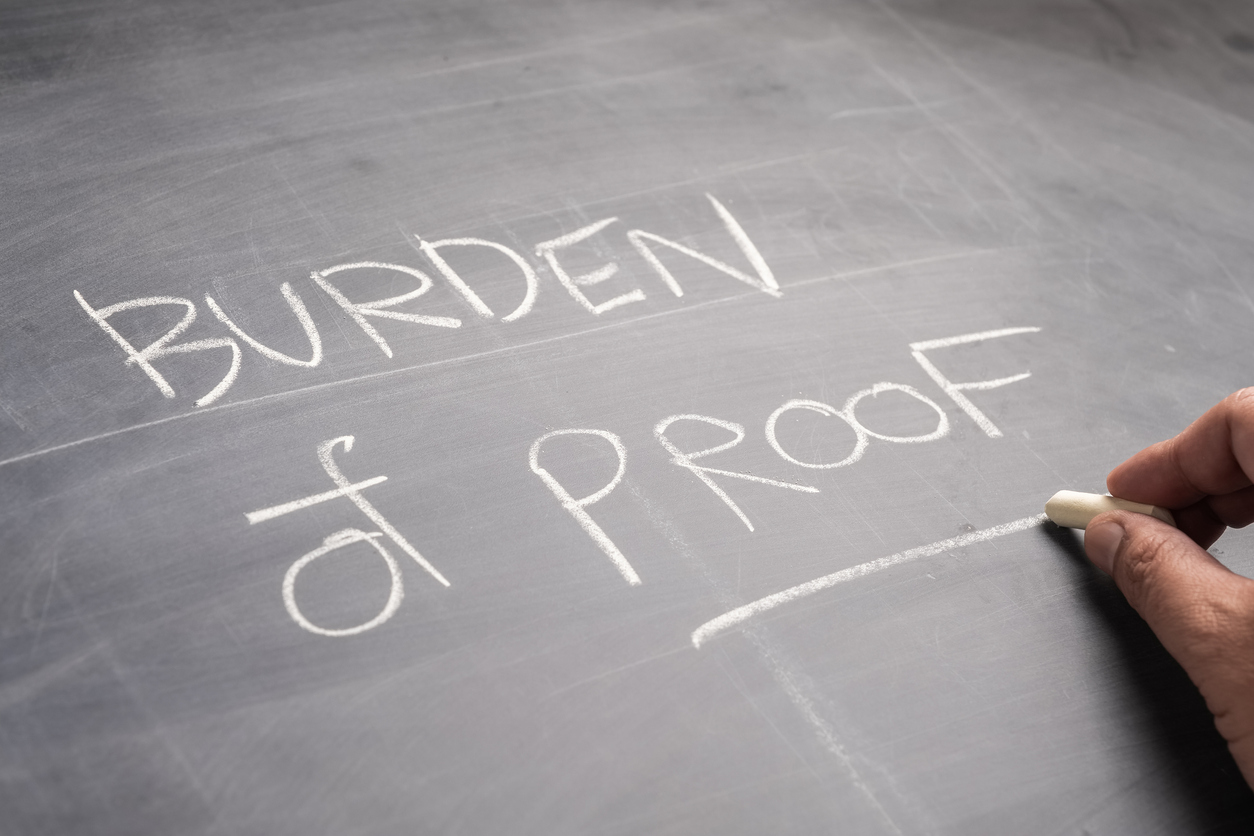The Texas hurricane insurance coverage disputes caused by Hurricane Dolly and Hurricane Ike are fully engaged. Texas’ two year statutes of limitation are approaching. New law suits are being filed, pending lawsuits are being set for trial, settlement conferences are causing great frustration, and the discovery battles between insurance counsel and policyholder counsel are considerable and contentious. Sadly, this is a pretty normal state of affairs on a two year anniversary following a major catastrophe.
TWIA is in trouble. In recent discovery, it’s 11.2% maximum damage exposure calculations on Slab claims have been shown to be both arbitrary and wrongly determined. At the Windstorm Symposium in Dallas two weeks ago, my presentation highlighted how TWIA’s calculation was arbitrary. My post, Practical Points From Gulf Coast Case Law Update, noted a recent Mississippi case, Fonte v. Audubon Ins. Co., 8 So. 3d 161 (Miss. 2009), which described how such a pre-determined outcome, despite evidence to the contrary, could give rise to a finding of bad faith. Property Insurers Have An Obligation To Investigate All Facts Supporting Coverage, and the refusal to do so because of some arbitrary statistical analysis is bad faith conduct.
I made fun of TWIA’s 11.2% logic in The Parable of Hurricane Ike Insurance Claims. The frustration to TWIA customers caused by such illogic and failure to act in a transparent nature and explain the basis for the calculation resulted in protest, as noted in Texas Windstorm "Slabbers" and Policyholders March on Austin. TWIA’s attorneys, if they are honest, have to acknowledge that the calculation was wrongly determined. Even assuming the methodology is sound, the data is wrong and the calculation is far too low. TWIA should be voluntarily paying more benefits, interest and attorneys fees—assuming the current TWIA executives understand their obligation of good faith, which requires such immediate action. Most have a hard time admitting failure and accepting full accountability for wrong decisions. We’ll see what spin those crafty and able insurance defense attorneys are able to place on this situation.
Texas insurance coverage disputes also have more causation issues than most states. Much of this comes from case language and logic pre-dating the development of the all-risk insurance policy. At dinner with three different law firms last night, we discussed the burden of proof in an all-risk scenario, as I did in Can an Insured Recover Under a Flood Policy and an All Risk Homeowners Policy for the Same Damage? Texas case precedent needs to reflect what the rest of the country has long noted regarding the burden of proving damage under an all-risk policy. Virtually all the insurance companies selling all-risk policies in Texas have claims manuals which indicate that the policyholder merely needs to prove that damage occurred during the policy period. Those manuals then indicate that the insurer has to prove the amount of the excluded damage or happily pay its customer. Amen.
Given the popularity of Texas Hold’em, the raging litigation battles we are fighting, and the change of heart needed by many Texas insurers for settlement, this movie and song clip seems fitting:
https://youtube.com/watch?v=z42avv3KBCU%26hl%3Den_US%26fs%3D1%26rel%3D0%26color1%3D0x2b405b%26color2%3D0x6b8ab6



